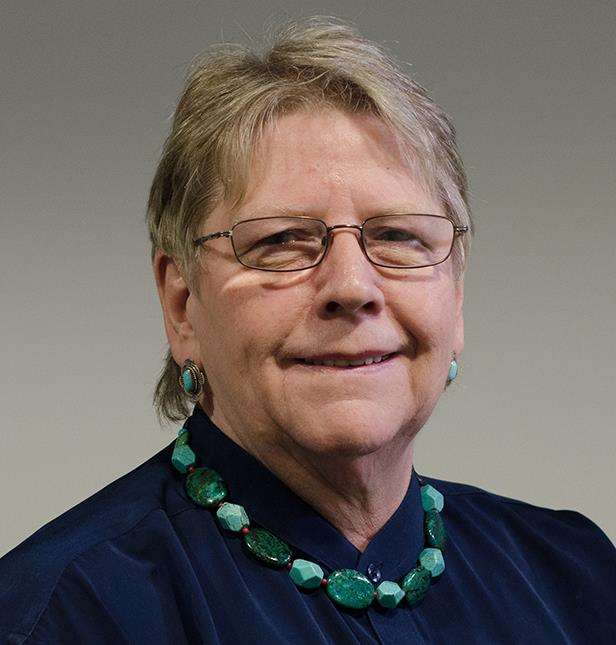The ACS has offered to lead the creation of a “coalition of stakeholders” to address issues in Australia’s education system that discourage girls from pursuing ICT or computer science interests.
The organisation set an ambitious timeline to convene all interested parties within six months via a summit designed to achieve strategy and policy consensus.
It is one of a number of initiatives proposed and recommendations made by the ACS in a new report, The Promise of Diversity: Gender Equality in the ICT Profession, which was launched at the National Press Club in Canberra.
The report proposes a mix of short- and long-term initiatives to address female participation in the ICT workforce.
“In the short term, we must fundamentally change the cultural mindset and attitudes to women in the workforce,” the report states.
“In the longer term, we need to make some fundamental changes at primary and secondary school which is where the equity issues first emerge.
“While there is a long gestation period between change at this level and outcomes in the workforce, the changes we recommend will in our view help secure a much larger pipeline of female ICT talent for Australia into the future.”
The report finds “compelling economic and national wealth reasons” to increase female participation rates, noting it could alleviate pressure from skills shortages and raise GDP.
It also highlights the “many groups advocating and urging changes in our workplace cultures, structures and governance”, albeit a lack of coordination in their approaches.
“We need to more effectively harness this collective energy, knowledge and goodwill in order to create a wave of change across the entire economy of employers and professionals engaged in the practice of ICT,” the report urged.
Among the “short-term” recommendations, the ACS is urging for stronger leadership from Australian executives, a rethink of flexible working and concerted effort to close gender pay gaps, and as greater focus on mentoring and encouraging a new generation of women to consider careers in ICT.
“The ACS recommends establishment of an Ambassador-style program which involves successful women in ICT participating in a mix of advocacy and marketing activities aimed at inspiring females to pursue a career as an ICT professional,” the report states.
“The campaign should also encourage women to “call out” discrimination and other obstacles which retard career progression.
“The ACS already promotes female role models through its membership and is keen to take a leadership role in establishing an Ambassador program more widely.”
In the longer term, the ACS has called for a major shake-up of Australia’s education system.
Using a mix of OECD data, a literature review and a 2014 Google study, the ACS found that “by the time talented and high achieving girls reach the age of 15, most have essentially dismissed the notion of pursuing an ICT career.”
“This must change,” the report states.
“It is a handbrake on our long term ability to capitalise on the economic rewards that digital technologies offer.
“It is also denying girls and young women the opportunity for rewarding and fulfilling roles in the ICT profession.”
The report recommends school programs to change the perception of ICT careers, support for groups like Code Club, Robogals and Go Girl which already bring that message to schools, and a review of the way maths and science are taught to girls.
The ACS also committed to work with the Australian Council of Deans of ICT (ACDICT) to better market ICT careers to females, helping them to understand where career opportunities exist.
“We need to market far better to young female students,” ACS President Brenda Aynsley OAM said.
“This must include providing them with accurate and contemporary advice on the jobs of the future and the importance of digital skills in that future.
“We also need the ICT profession to work closely with teachers, parents and career advisors, the key influencers of student career choices.
“And we need to encourage passionate, successful ICT female role models to be ambassadors for our profession and to inspire our next generation of ICT female professionals.”









